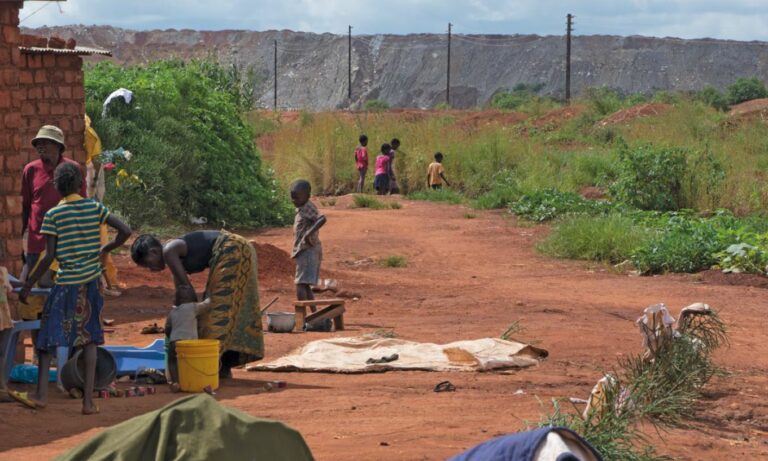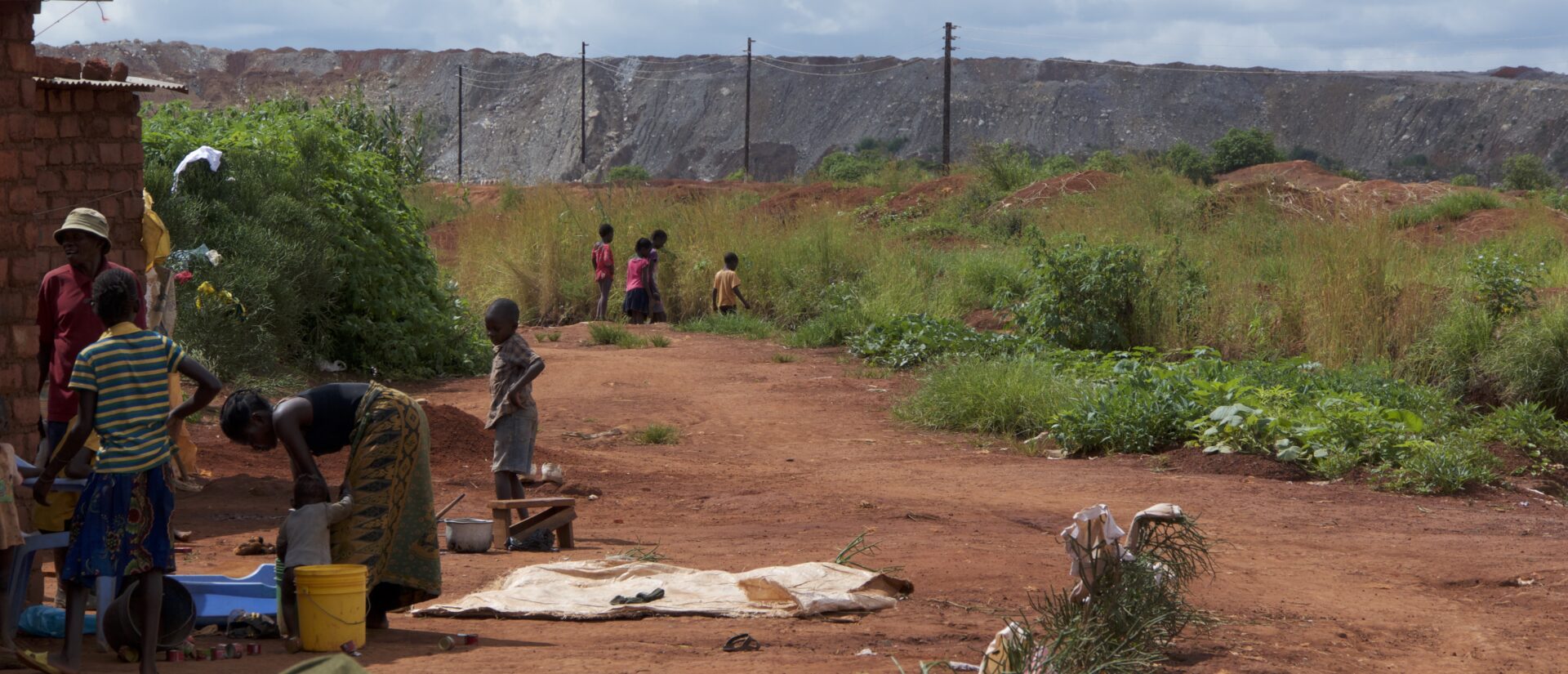
Community rights widely abused by cobalt mining in Democratic Republic of Congo
Research by SOMO reveals that serious human rights violations and environmental pollution are happening in Democratic Republic of Congo as a result of cobalt mining, including water pollution and forced evictions. SOMO’s research shows that these problems are structural.
Cobalt is used in rechargeable batteries for smart phones and laptops, and SOMO is calling on electronics companies to take responsibility for the way cobalt in their supply chain is mined. On Tuesday April 19, civil society organisations, companies and electronics manufacturers will meet to discuss the issues surrounding the extraction of minerals such as cobalt at a meeting at the Dutch Ministry of Foreign Affairs.
Go directly to:
- Read the online story ‘Cobalt blues’ with videos and photos
- Download the report ‘Cobalt blues: environmental pollution and human rights violations in Katanga’s copper and cobalt mines’
- Download the report ‘Rapport sur les impacts des activites minieres au Katanga: cas de la Societe d’Exploitation de Kipoi (SEK) sur les commaunautes locales‘
SOMO has worked with three Congolese organisations (Afrewatch, ACIDH and Premi Congo) to conduct spot investigations of the harmful effects of mining operations of seven Congolese and foreign companies.
Land rights and rules
About half of all mined cobalt comes from DRC, mainly from the province of Katanga. The mining takes place close to towns and villages. Local communities regularly are cut off from their farmland and water sources near mines, without having had a say in the matter. There are several examples of forced relocations of entire villages. Inhabitants of the village Kishiba for example, were forced to move to make way for Frontier, a cobalt and copper mine. Their new homes in Kimfumpa lack the most basic of services such as clean water, fertile farmland, schools and health care.
Dirty air and dirty water
Cities such as Lubumbashi and Likasi face serious air pollution because of the thousands of trucks that travel to and from the mines throughout the day. Chronic exposure to such dusts can lead to severe lung diseases. Water is unfit for human consumption and agriculture because soil and water in the immediate vicinity of the mines are polluted by discharges of wastewater.
Nobody protects the Congolese people
Congolese mining legislation requires mining companies to initiate and maintain constructive dialogue with communities affected by their projects, but this is almost never done. The Congolese government fails to give its citizens sufficient protection against the abusive practices of large companies.
Electronics sector involvement needed
Around 40 percent of the world’s cobalt is used for rechargeable batteries. The electronics industry is a major user of such batteries, making electronics companies partly responsible for the problems that evolve from the extraction of cobalt.
On April 19, the GoodElectronics Network will organise – in collaboration with SOMO, Friends of the Earth and Stop Child Labour Coalition – a roundtable meeting entitled Responsible Mining for Electronics(opens in new window) , which will include representatives of the electronics industry, civil society organisations, SOMO’s fellow Congolese researchers, and experts and policy makers to discuss the problems caused by cobalt mining in DRC.
Mining Misery: Film and debate on cobalt mines in Congo
Film and debate ‘Mining Misery’
GoodElectronics Network documentary maker Myrthe Verweij made the film Whose wealth? Cobalt from the Congo. This will be screened at the debate and at a film night ‘Mining Misery’ organised by the GoodElectronics Network and Movies that Matter at Humanity House, The Hague, 19 April.
Do you need more information?
-

Alejandro González
Senior Researcher -

Esther de Haan
Senior Researcher
Partners
Related content
-
-
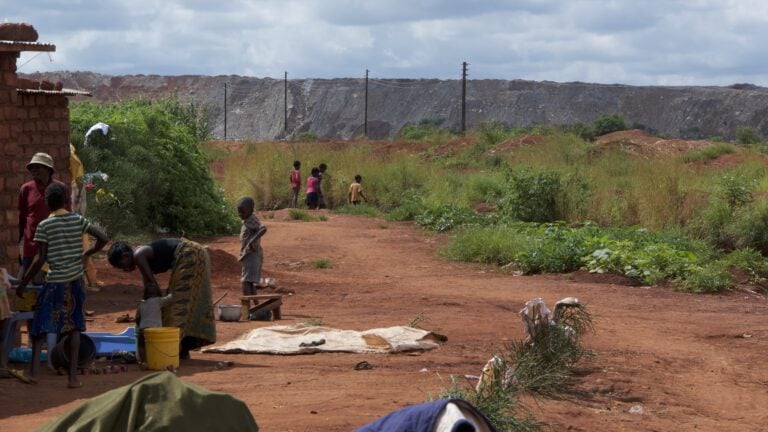 Community rights widely abused by cobalt mining in Democratic Republic of CongoPosted in category:NewsPublished on:
Community rights widely abused by cobalt mining in Democratic Republic of CongoPosted in category:NewsPublished on: -
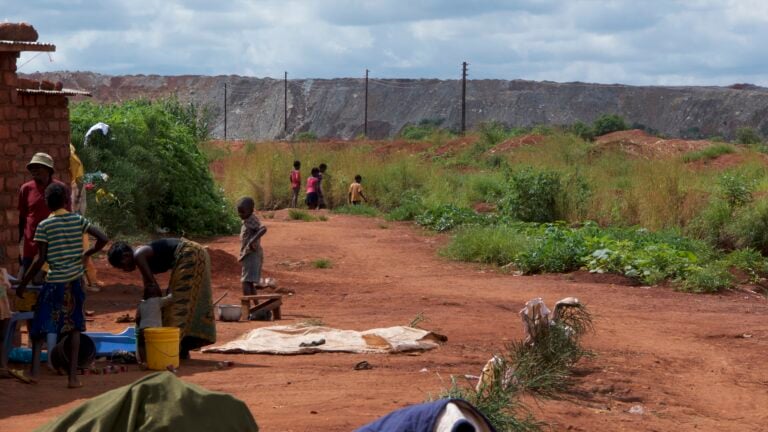
-
Responsible Mining: Cobalt Published on:
 Vincent KiezebrinkPosted in category:Publication
Vincent KiezebrinkPosted in category:Publication Vincent Kiezebrink
Vincent Kiezebrink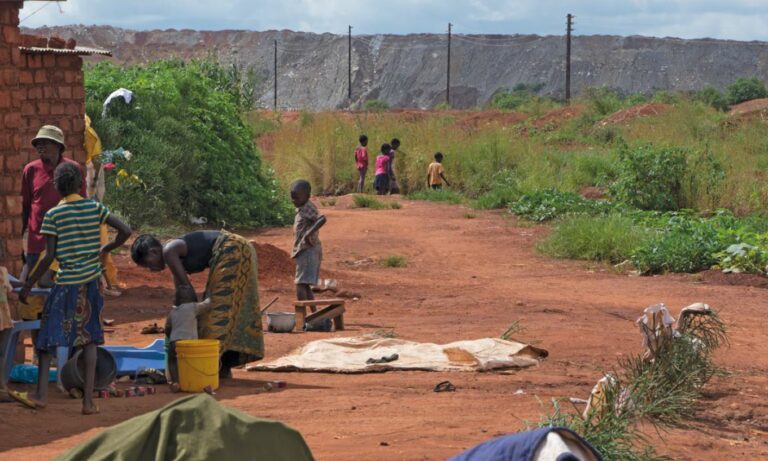
-
Cobalt blues Published on:
 Esther de HaanPosted in category:Publication
Esther de HaanPosted in category:Publication Esther de Haan
Esther de Haan